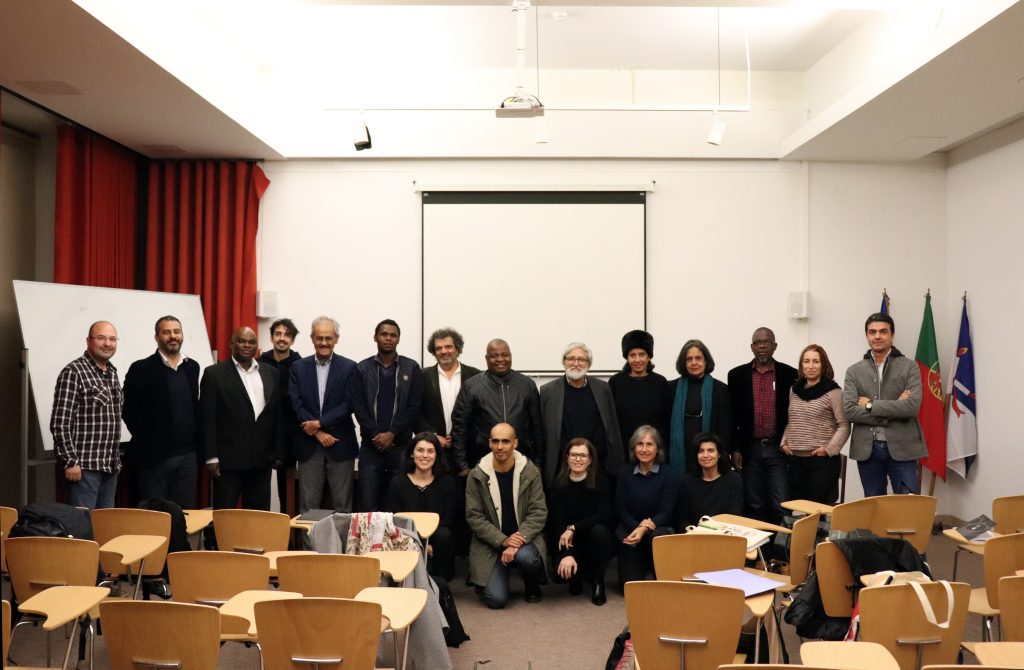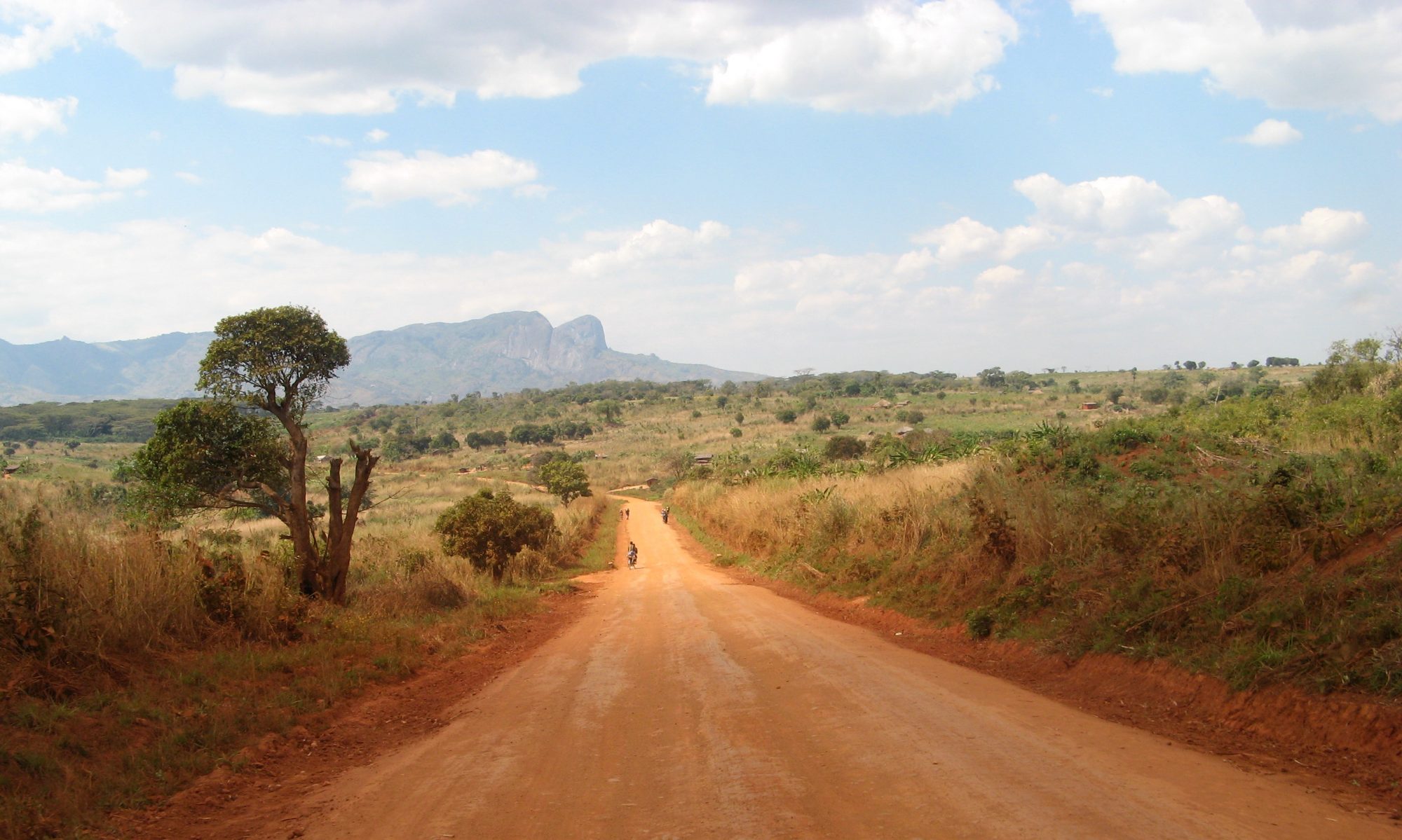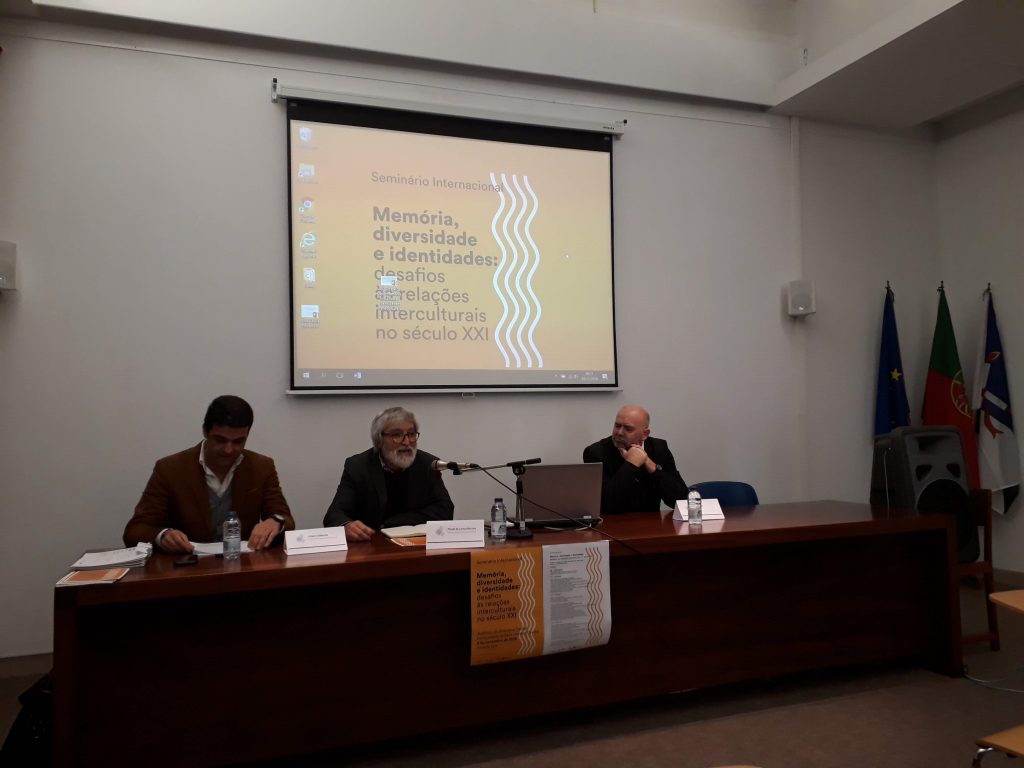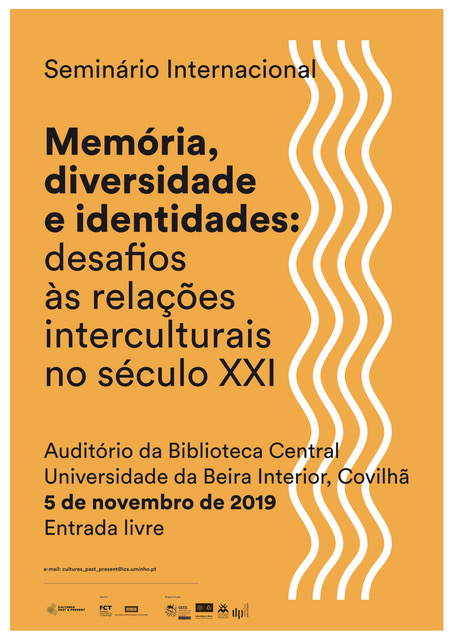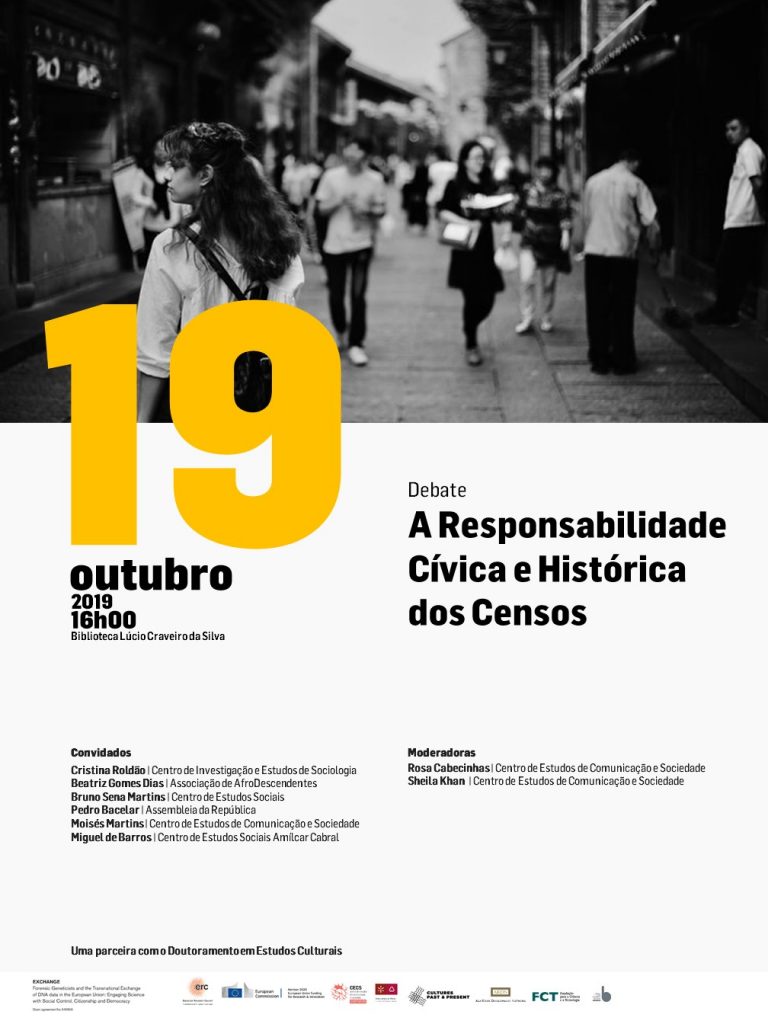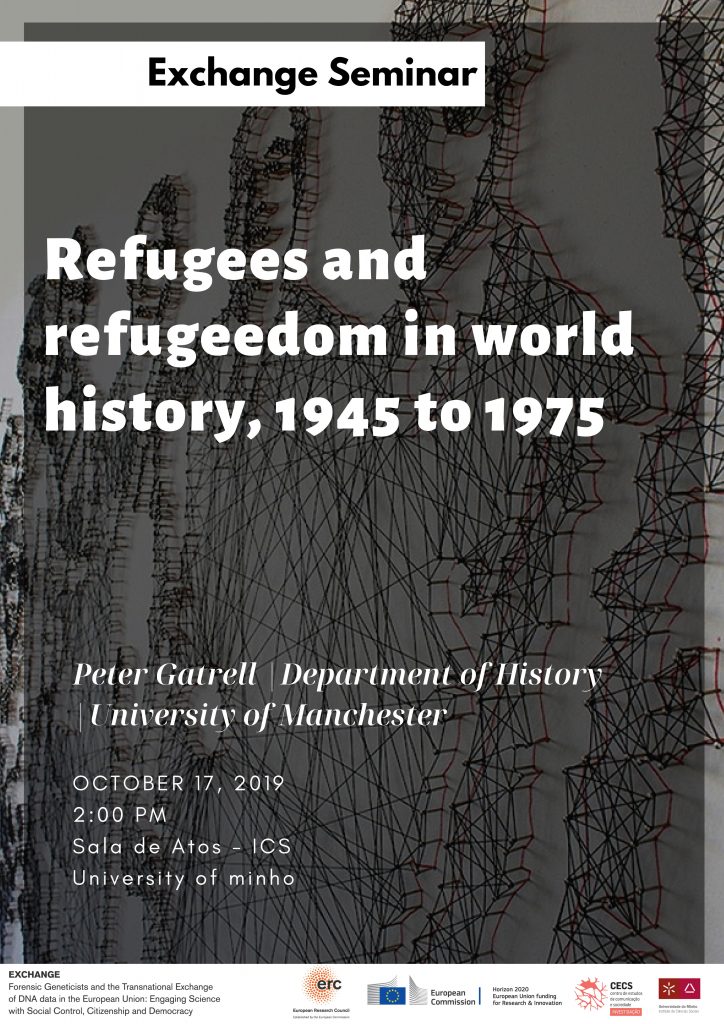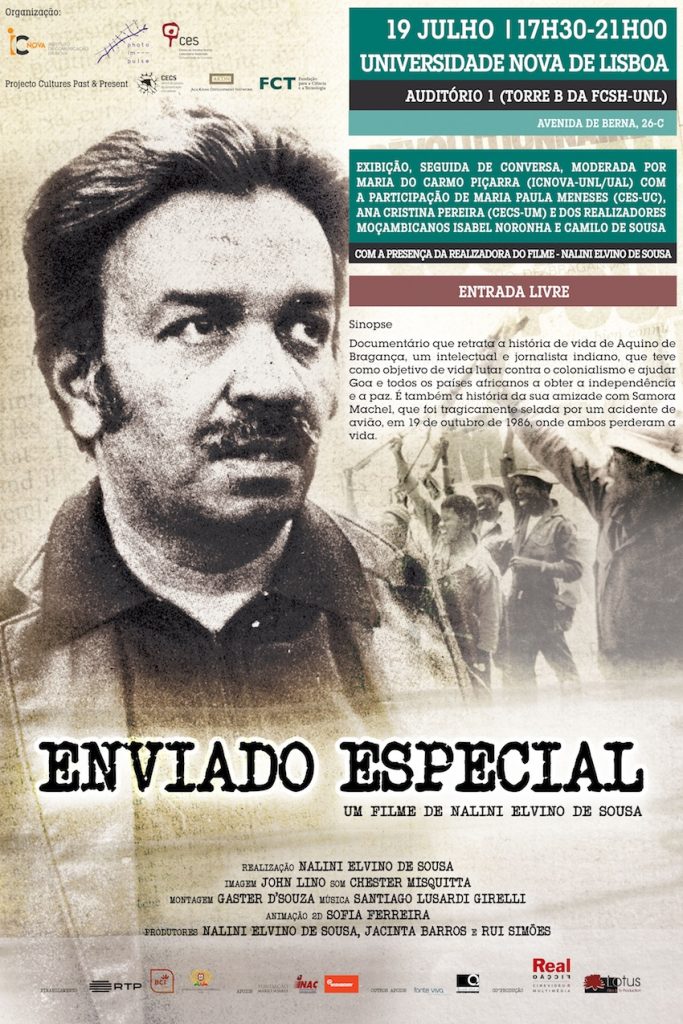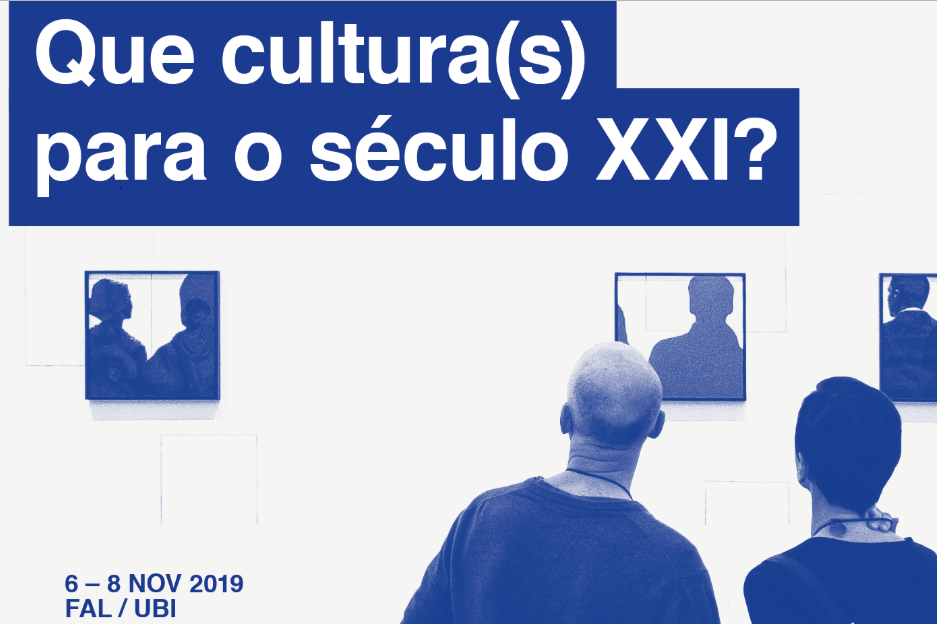The International Seminar Memory, Diversity and Identities: Challenges for Intercultural Relations in the 21st Century was held on November 5th, 2019, at the University of Beira Interior (UBI), in the city of Covilhã. The auditorium of the UBI Central Library was the venue for conferences, thematic sessions and discussions promoted within the scope of the project Memories, cultures and identities: how the past weights on the present-day intercultural relations in Mozambique and Portugal?, which is funded by FCT / Aga Khan Development.
Members of the project work team presented investigations carried out over the past year and in progress and were attended by researchers, teachers, and students from the University of Beira Interior and other institutions from Mozambique and Brazil.
The opening conference was given by Professor Moisés de Lemos Martins, from CECS of the University of Minho, with the mediation of Professor Alda Costa, Assistant Professor and Director of Culture at the Eduardo Mondlane University of Mozambique.
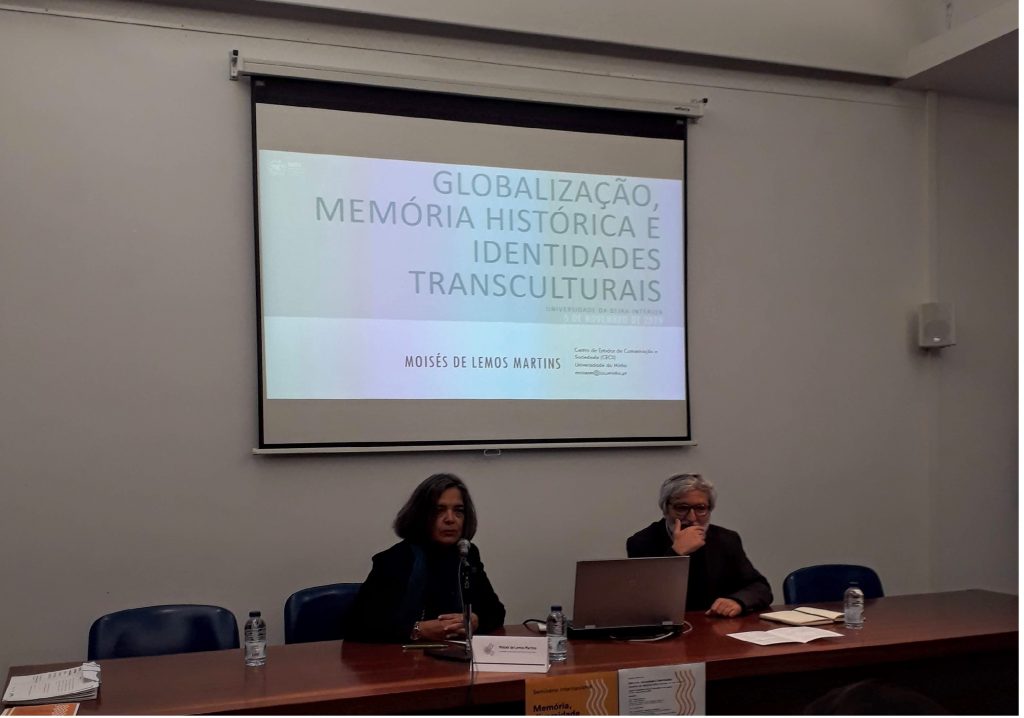
The sessions with presentation of the research began with the theme Memory and museum exhibitions with communications: Entre memória e celebração: o estranho caso dos museus (in)desejados, Luís Cunha (CRIA, Universidade do Minho);O Museu Nacional de Etnologia (Portugal) e as representações de Moçambique, João Sarmento (CECS, Universidade do Minho); Arte africana, tradição e contemporaneidade. Sequências, ruturas e (algumas) problematizações, José Carlos Venâncio (Universidade da Beira Interior); e Curadoria, narrativização e memorialização em coleções e exposições museológicas: algumas considerações para início de investigação, Lurdes Macedo (CECS, Universidade do Minho)
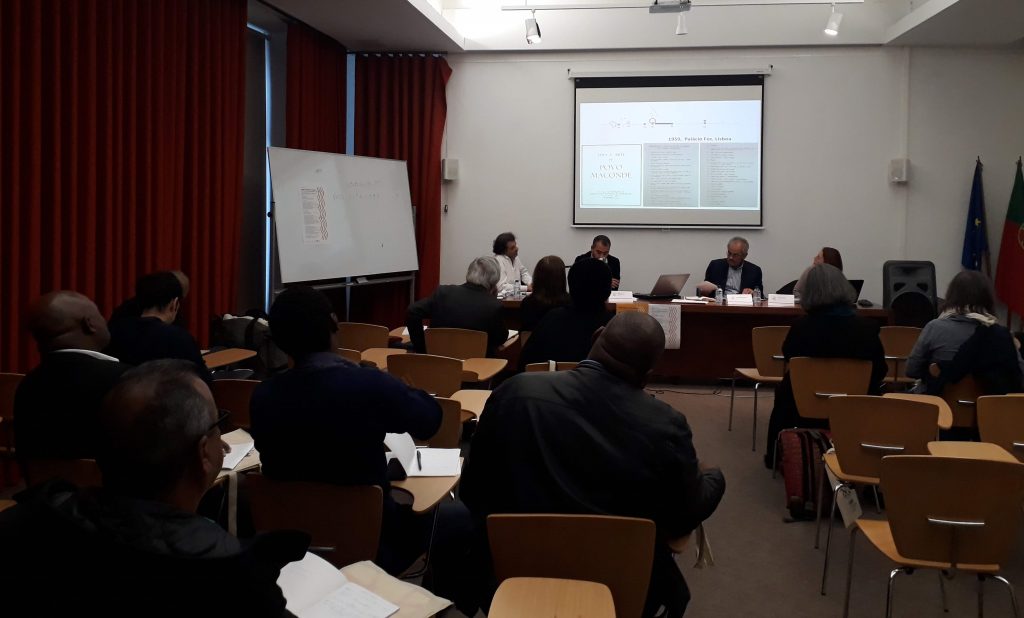
The artist and researcher Catarina Simão opened the afternoon activities with the conference The National Museum of Ethnology of Nampula in the wake of her history: notes on the life of her images.
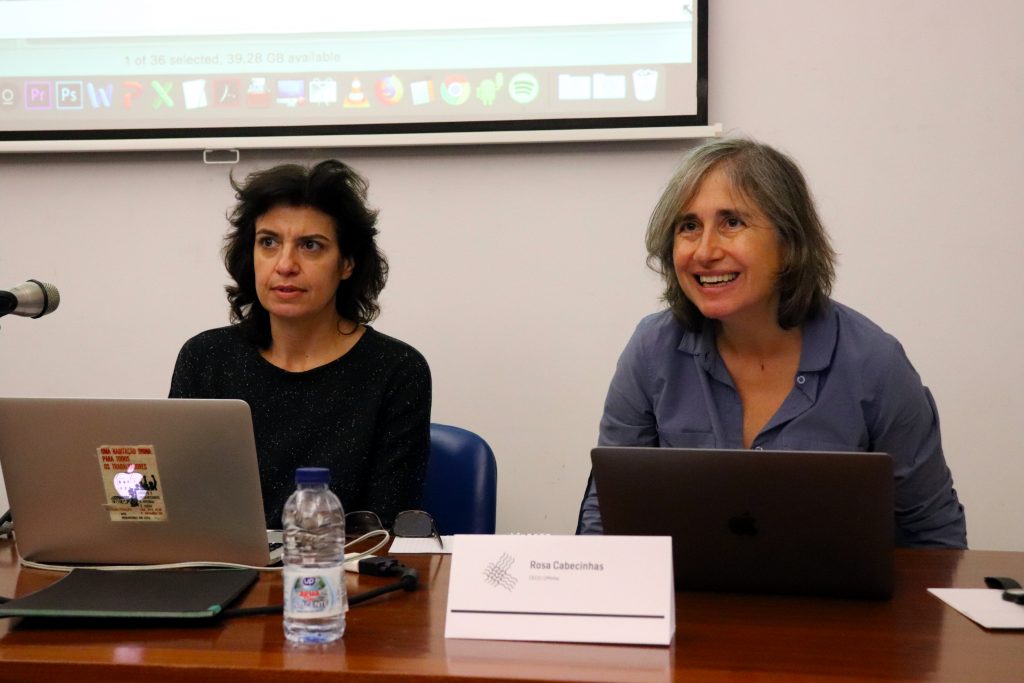
Following, the session on Portuguese and Mozambican Cinemas brought to the table communications: Do cinema ambulante em Portugal ao Kuxa Kanema em Moçambique: um olhar diacrónico sobre a história do cinema, Isabel Macedo e Eliseu Mabasso (CECS, Universidade do Minho; Universidade Eduardo Mondlane) e Cineastas emergentes em Portugal e Moçambique,Ana Cristina Pereira (CECS, Universidade do Minho). A apresentação de âmbito metodológico: Uma base de dados para a leitura e discussão de universos fílmicos, a partir de uma seleção das cinematografias moçambicana e portuguesa,Alice Balbé, Luís Camanho e Isabel Macedo (CECS, Universidade do Minho); e de análise fílmica: As sombras do passado colonial e as políticas de memória em Moçambique: reflexão a partir dos filmes O tempo dos leopardos e Uma memória em três actos,Edson Mugabe (Universidade Eduardo Mondlane).
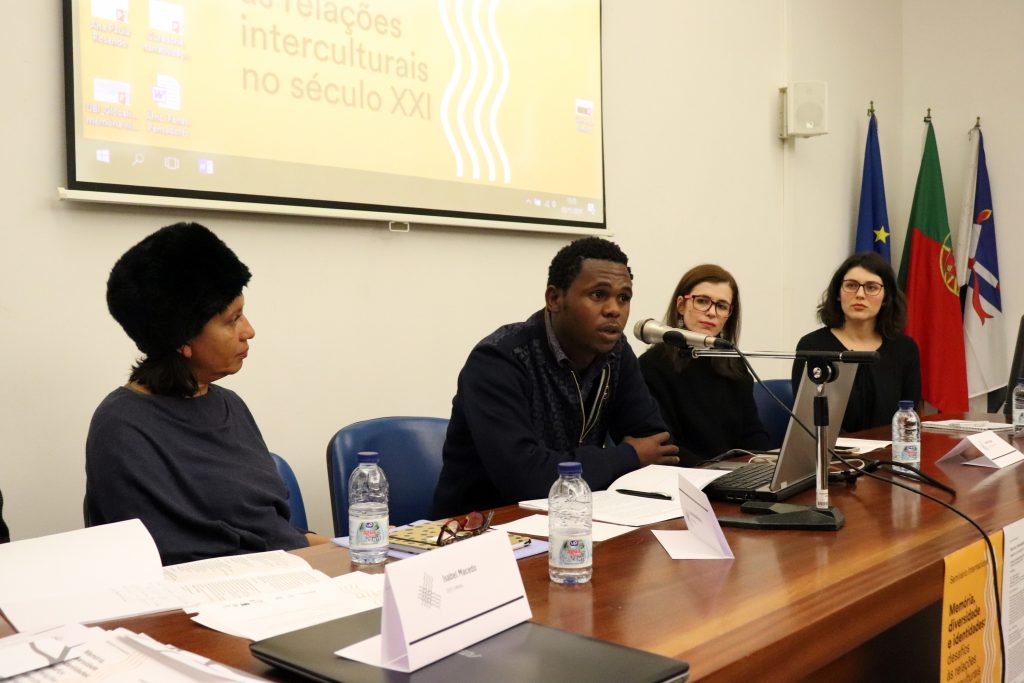
The last thematic panel addressed the challenges of research, representations, and culture with communications: Complexidade da Política de Financiamento de Pesquisas Científicas em Moçambique, Celestino Joanguete (Universidade Eduardo Mondlane); O Curandeiro e o novo testamento na obra de Paulina Chiziane,Martins Mapera (Universidade de Zambeze); O passado colonial como problema não encerrado na contemporaneidade. A descolonização mental como possibilidade intercultural. O caso do Museu Virtual da Lusofonia, Vítor de Sousa (CECS, Universidade do Minho); e A relevância das fontes históricas e autorais na mediação da memória. Um estudo exploratório com manuais escolares de história portugueses e moçambicanos, Luís Camanho e Alice Balbé (CECS, Universidade do Minho).
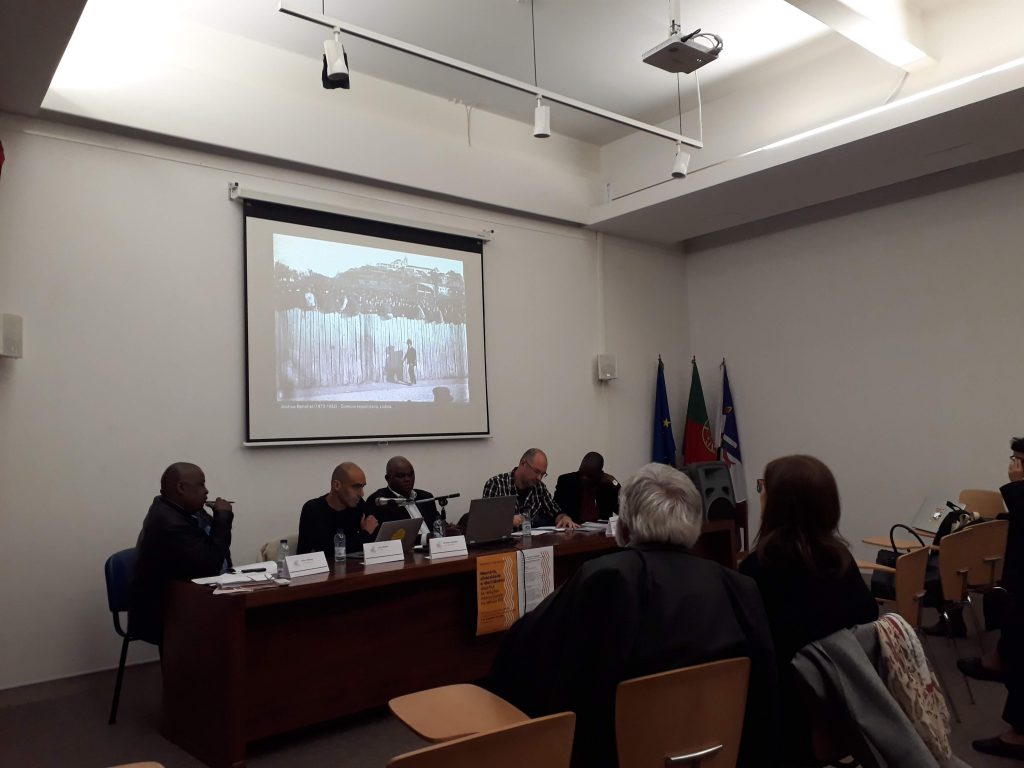
The closing conference was held by an Associate Professor at the Department of Communication Sciences, Institute of Social Sciences of the University of Minho Rosa Cabecinhas who is the project’s co-PI. The conference entitled: Images and cleavages: a diachronic look at the visual representations of the liberation script in the Mozambican textbooks presented the first results of the ongoing research on the Mozambican and Portuguese history textbooks.
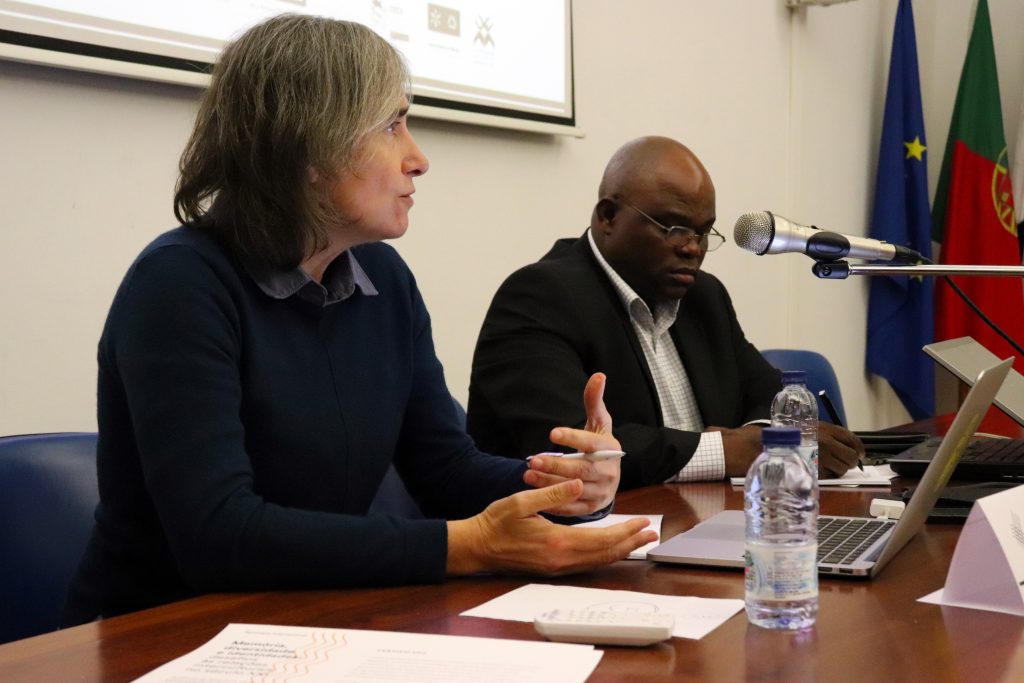
The International Seminar Memory, Diversity and Identities: Challenges for Intercultural Relations in the 21st Century was part of the program of the 5th International Congress on Cultures: What Culture (s) for the 21st Century? as a pre-Congress. After the conference, members of the research team also held a general meeting.
